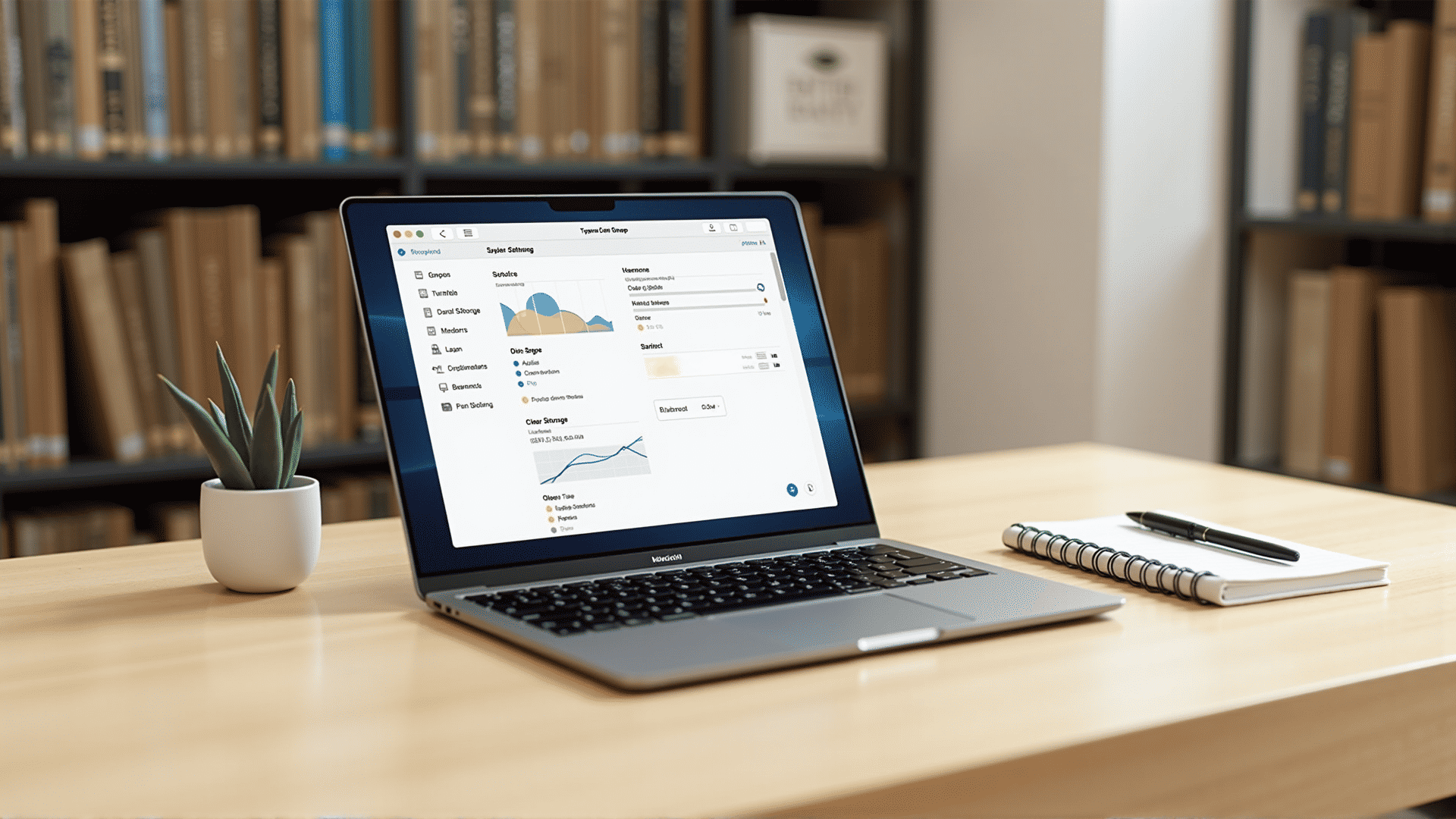In today's digital age, maintaining a tidy digital workspace is as important as keeping your physical surroundings organized. Excess files and clutter can slow down your device, lead to stress, and impact productivity. Let’s explore some effective ways to clear out unnecessary data, ensuring your computer runs smoothly without the need for additional tools.
Understand Your Storage
Begin by assessing your storage situation. Most operating systems provide a storage overview feature that categorizes content by type, helping you identify areas that use up the most space. Understanding what fills up your storage is the first step in efficient decluttering.
Organize Your Files
Create a systematic file structure to organize documents, images, videos, and other data. Use descriptive folder names and consider organizing by year, project, or type. This makes files easier to find and manage and allows for quicker purges in the future.
Purge Unnecessary Data
Review your downloaded files, such as old PDFs, images, and videos that are no longer needed. Often, these files accumulate over time without us noticing, using up valuable storage space. Deleting what’s not needed will free up significant space.
Empty the Trash
Regularly empty your computer’s recycled bin. Deleting files doesn’t permanently remove them; it simply moves them to the bin, where they continue to occupy space until emptied. Make it a habit to clear it out periodically.
Clean Temporary Files
Every time you browse the internet or use applications, temporary files are created. Over time, these files clog up your available space. Manually clearing cache and temp files from your browser and applications can immediately boost performance.
Manage Software
Go through the list of applications on your device and uninstall those you no longer use. Often, we download applications for one-time use and forget to remove them, leaving them to unnecessarily occupy space and potentially run in the background.
Archive Old Data
For files and documents that you don’t need regular access to but want to keep, consider archiving them. Moving files to an external storage device or cloud solution ensures they’re safely stored without taking up local storage.
Regular Backups
Implement a regular backup routine. This not only keeps your data safe but allows you to clear local storage more confidently, knowing that important files are securely stored elsewhere.
Maintain a Routine
The key to maintaining a clutter-free digital environment is consistency. Regularly schedule time to review, organize, and delete unnecessary files and data. This routine will help maintain optimal performance.
By investing a little time in managing your digital files, you’ll keep your computer running efficiently, reduce stress, and improve productivity. A clean digital workspace is synonymous with a well-managed, stress-free digital life.
